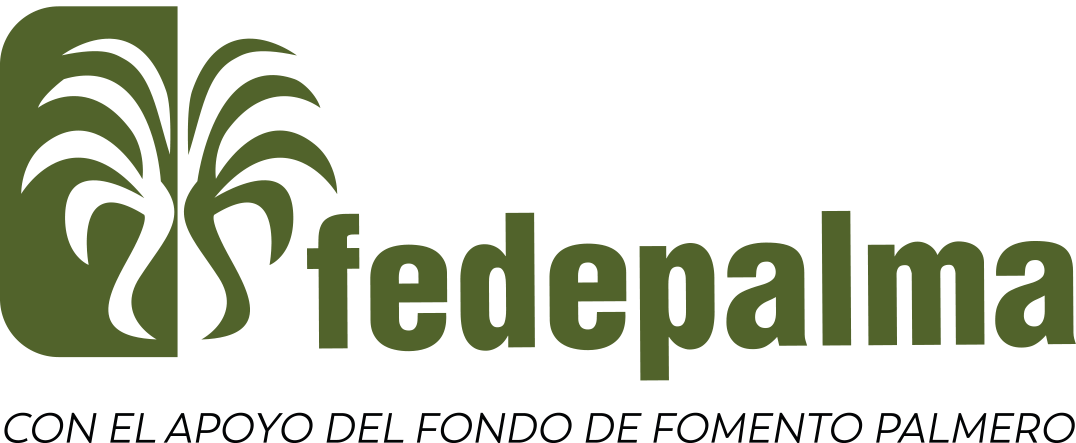The Colombian oil palm sector is strongly committed to the protection of biodiversity and the mitigation of climate change: the policy for the protection and conservation of oil palm-related ecosystems, the signing of the Clean Production Agreement that guaranteed high environmental production standards, and the certification of our industry are proof of this.
In addition, the project known as GEF: “Biodiverse Oil Palm Landscape” is now being implemented. This is an inter-institutional initiative funded by the Inter-American Development Bank with resources from the Global Environmental Fund administered by Fedepalma, in association with Cenipalma, the Institute Alexander Von Humboldt, and WWF-Colombia. A total of 148 small and medium-size producers helped designed this project, which has been one of the most enriching experiences of the sector throughout its path towards sustainability.
Additionally, Fedepalma is a member of the RSPO since 2004. Currently, nearly 14% of all Colombian production is certified sustainable under the RSPO standard, and several companies and producers are enrolled in the certification process.
Among the milestones in Corporate Social Responsibility several radio programs, the Oil Palm Female Grower Award, which reaches its first decade this year, the National Contest of Environmental and Social Photography in Oil Palm Zones performed during 10 consecutive years, and the publication of “Faces of the Oil Palm”, are proof of our commitment towards people and the development of communities.
Regarding social sustainability, a recent oil palm employment survey, oriented by the Colombian Statistics Authority, showed that this sector is one of the biggest generators of formal and high-quality employment in Colombian rural areas. Counting both direct and indirect jobs, this agroindustry has created nearly 170 thousand jobs.
The percentage of formality in direct employment is 82%, and the average income in the sector is 1.5 times the Colombian minimum monthly wage. These conditions are much better than those prevailing in Colombian rural areas, where informality reaches 86%.
The Colombian oil palm sector is also an example of inclusive agribusiness. Over 80% of more than 6 thousand oil palm producers are smallholders. The sector counts with 140 associations and inclusive business models, in which small, medium and large producers are integrated. These associations gather more than 85% of Colombian producers, especially smallholders.
The sustainability of this agro-industry is connected to the well-being of the people working in oil palm cultivation in Colombia, revealing the social transformative power of this agribusiness.
